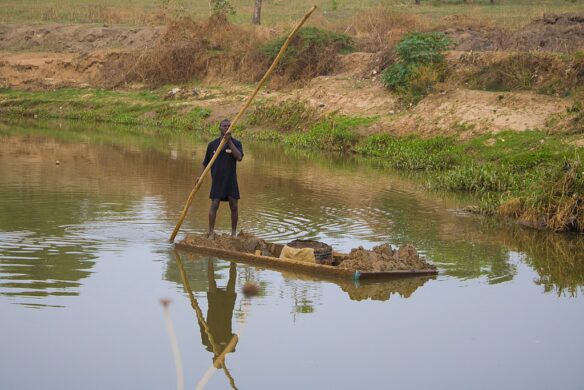Excerpt:
With plastic production expected to triple by 2060, a scientific commission this week recommended banning or severely restricting the manufacture and use of unnecessary plastics.
Plastic causes illness and death across its lifecycle, from production to use and disposal, a team of nearly 50 scientists concludes in a report made public Tuesday.
The risk can come from being near oil and gas extraction, working in plastic manufacturing plants or living near them, eating food heated in plastic packaging or breathing the air near incinerators where plastic waste gets burned as trash.
The report was produced by the Minderoo-Monoco Commission on Human Health, a body of scientists assembled by the Australian-based Minderoo Foundation, and published by Annals of Global Health, a peer-reviewed scientific journal.
The commission concluded that global plastic production, use and disposal patterns are responsible for significant harm to human health, the environment and the economy, and are causing deep societal injustices, particularly to children. It recommended establishing health-protective standards for plastic chemicals under a United Nations plastics treaty that’s being negotiated now, and a cap on plastic production, which is otherwise expected to triple by 2060.
The report is the latest by scientists who have documented the ubiquitous nature of plastic in the world, and the environmental consequences.
Plastic waste and microplastic particles have been found on the highest mountaintops and in ocean trenches; in the stomachs of whales and other marine mammals, and in our bodies, leading to mounting concerns about what all that plastic might be doing to the planet, wildlife and people.
The commission’s focus on health accentuates those concerns, especially as they relate to a debate over how plastic affects human health.
A lead author of the report, Dr. Philip J. Landrigan, a pediatrician, epidemiologist and director of Boston College’s Global Public Health Program and Global Observatory on Planetary Health, said the debate is largely resolved.
“The level of scientific certainty is absolute,” he said. “There are still details to be worked out about the exact magnitude, but there is no doubt whatsoever that plastic causes disease, disability, premature death, economic damage and damage to ecosystems at every stage of its life cycle. And the life cycle begins with the extraction of the oil, the coal, and the gas that are the building blocks for 98 to 99 percent of plastics…”









